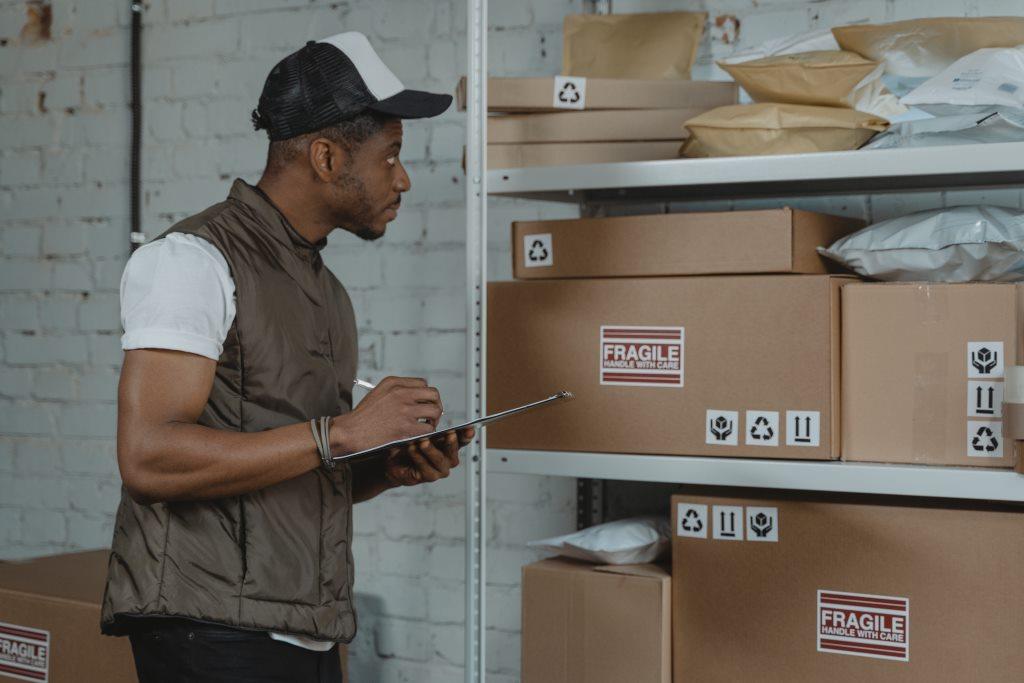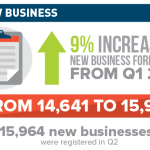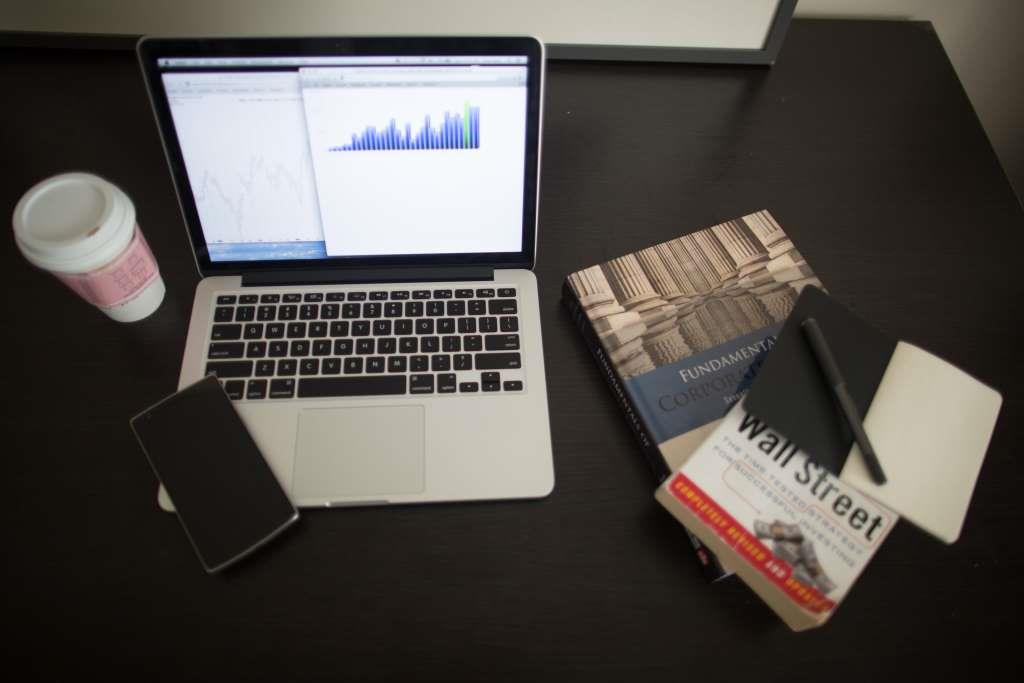
If you live in a tiny city flat, then buying in small quantities may be your only option. If, however, you’re buying for a larger home or a business, then buying in bulk is likely to be the way to go. This is particularly true for businesses.
Here, SOS Wholesale share their insight into the four perks of buying in bulk for your business.
You avoid the risk of running out
With COVID19 still very much a fact of life, this may be the single biggest advantage of buying in bulk. Physical goods need to be transported physically from A to B. Even if you are buying locally-produced goods, they still cannot be delivered instantly in the same way as digital products.
If, as is often the case, you are buying goods produced overseas, then there is always the possibility of delays in transport even without COVID19 (or Brexit). Right now, transport delays are a major fact of life and have to be treated as such. Buying in bulk gives you a bit more room to manoeuvre in these situations.
Additionally, if you make sure that you get your deliveries in plenty of time, you’ll have room to manoeuvre if the quality doesn’t match your expectations. Choosing your supplier with care should minimize these issues but they can still pop up even with the absolute best of vendors.
It’s cost-effective
Under normal circumstances, the headline argument for buying in bulk is simply that it generally works out to be much more affordable. There are a couple of reasons for this. The obvious one is economies of scale. These are usually shared by everyone involved in the supply chain from the producer to the end-purchase. This means they really are a win all around.
The second is that vendors which support bulk purchases tend to operate without the “bells and whistles” of standard retailers, even the “big box” ones. They may or may not be competing solely on price. In many cases, other factors will come into play as well, such as reliability and customer service. Price will, however, definitely be a factor.
It saves administrative time
Many households keep basic records of expenses. In business, however, every purchase needs to be accounted for in a way that keeps HMRC happy. If you continually buy in small quantities, you will increase the amount of administration you need to do.
If, by contrast, you buy in bulk then you keep your invoice reconciliation to a minimum. In fact, depending on your situation, you might even be able to set up purchase orders for your regular purchases. This could speed up the reconciliation process by cutting down the number of people who need to be involved with it.
Buying in bulk, whether it’s wholesale foods or home goods, also tends to have the effect of making costs more predictable. You may be able to strike a deal with the vendor to have a consistent price applied for the duration of a contract. Even if you can’t, limiting the number of times you order limits your exposure to pricing fluctuations.
It’s more sustainable
Buying in bulk tends to be a win for the environment. It’s almost guaranteed to use less packaging than buying in small quantities. It’s also highly likely to require less fuel overall and hence have a lower carbon footprint.
Although transporting bigger (and heavier) packages requires more fuel than transporting smaller (and lighter) ones, this is offset by the reduced number of journeys required overall.
The differential becomes even greater when you consider that it’s very rare for transporters to have entirely smooth journeys, especially not if they’re using roads. They’re going to be spending at least some of their time in heavy traffic and/or idling in traffic jams and queues. This burns carbon for no actual gain at all.
Latest posts by Claire Shaw (see all)
- The Difference Between a Wholesaler and a Distributor – Which works better for your business? - July 31, 2022
- Four perks of buying in bulk for your business - January 30, 2022
- Wholesale VS Retail: What’s The Difference? How the Emergence of Drop Shipping & Other Business Models is Affecting them Both? - October 24, 2021














